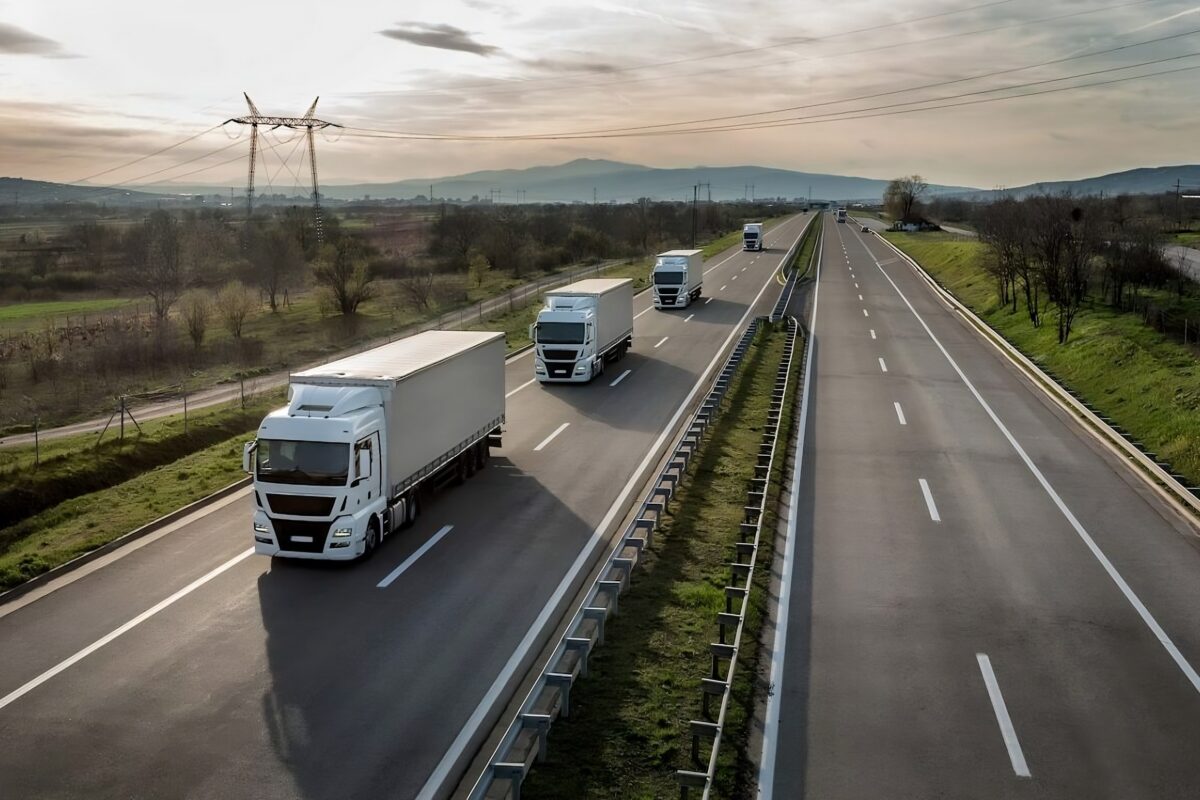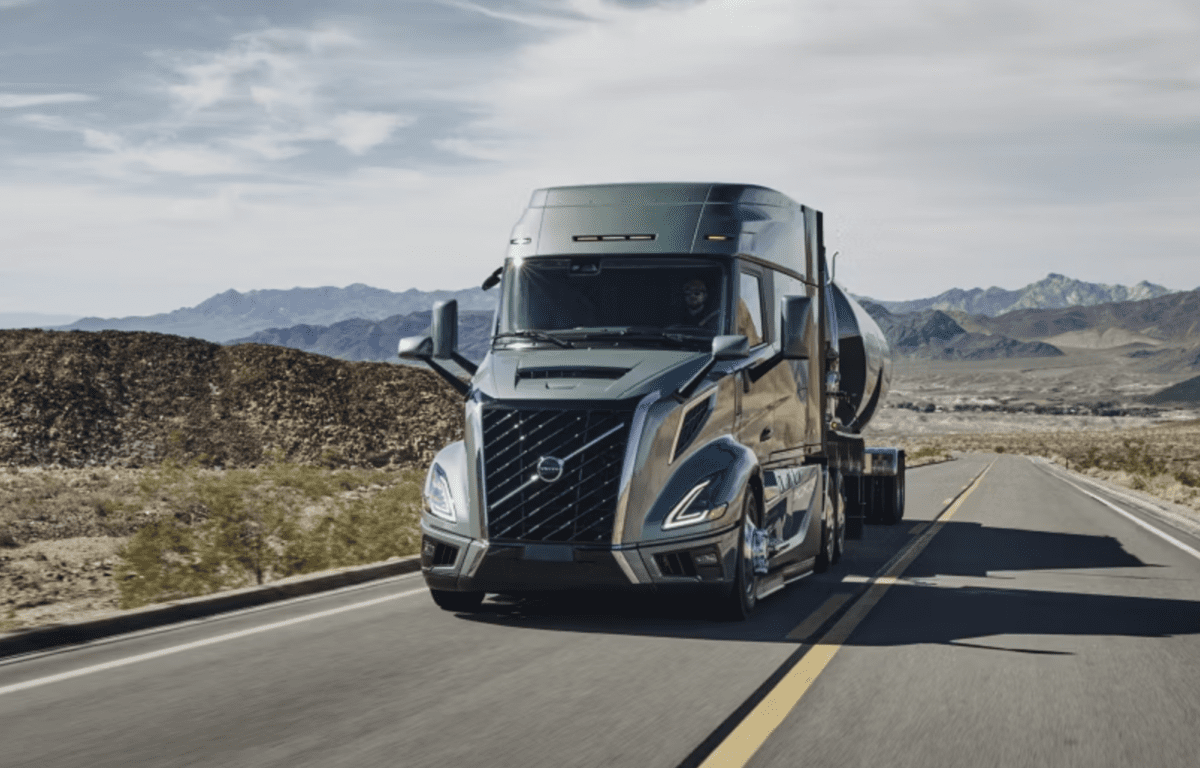It came as no surprise when the organisers of the 2020 IAA Commercial Vehicles show announced the cancellation of the event, due to be held in Hannover, Germany in September. The news may have been expected, but it served nonetheless to further underline the impact of the coronavirus pandemic on global business. With over 263,100 COVID-19 deaths worldwide at the time of writing, what began as a global health crisis remains a global health crisis, with everything else a consequence of drastic measures taken to protect people and save lives.
The task for governments and businesses is to ensure that whilst protecting public health, they also protect economic health; against a backdrop of a growing global financial crisis, mass unemployment and recessions, a number of household names are among those companies struggling to survive, including JC Penney, Disney, Virgin Atlantic, Airbnb and Hertz. COVID-19 is hitting businesses hard, especially those with pre-existing conditions, and devastating companies that rely on footfall and the movement of goods and people.
Freight demand rose sharply as coronavirus lockdowns began to take hold, fuelled by panic buying and a surge in online shopping that left grocery giants scrambling to satisfy consumer demand. After the unexpected surge, the inevitable decline; although freight transport may still be in demand, companies are scrambling to bolster balance sheets and nothing is safe—least of all new truck orders.
Cyclical downturn compounded by the coronavirus
The global truck industry expected a tough 2020 at the hands of a cyclical downturn, and is now preparing for a disastrous 2020 at the hands of the novel coronavirus. “The global truck industry was long-expected to enter a downturn in 2019 and 2020, as part of the usual industry cycle,” notes Jonathan Storey, who has authored Automotive World‘s annual review of the global truck industry, The world’s truck manufacturers – 2020 edition. “2019 turned out much as forecast, but in 2020 the COVID-19 pandemic will substantially steepen the downward trajectory.”
There is barely any movement of oil or fuel (or milk), no-one is transporting white goods or new cars, and all house moves are on hold. With freight movement down and cash the key to fleet survival, order cancellations are mounting
The steepest downward trajectory is likely to be in North America, where cyclical troughs are more marked than in other regions, but all markets will suffer. According to the report: “At the start of 2020, we were forecasting a 19% drop in NAFTA volumes, reflecting the downturn in orders during 2019. In view of the coronavirus pandemic, the forecast decline has been increased to around 25%, including a 30% drop in Class 8.” The report anticipates a fall in heavy duty (>16t) truck sales in Western Europe of around 20%, almost 28% in Asia, 15% in South America and globally in excess of 25%.
The legacy of COVID-19 will be long, and although regional recoveries are expected in 2021, truck sales will fall short of making up for lost sales in 2020.
Negative net orders are back
The magnitude of the imminent financial crisis is yet to be measured, but it is expected to rival anything since the Second World War, with analysts talking of a 30-40% decline in GDP in Q2 2020 in the US alone. Grocery demand and online shopping have kept freight moving, but at a fraction of the old normal; in the early days and weeks of the new normal, there is barely any movement of oil or fuel (or milk), no-one is transporting white goods or new cars, and all house moves are on hold. With freight movement down and cash the key to fleet survival, order cancellations are mounting.
Leaders may be talking about re-opening for business, but it seems unlikely that any easing of lockdown measures will equate to a return to normality, and it would be remarkable if the truck industry emerged from COVID-19 looking like it did at the end of 2019
“Not since the credit crunch of 2008 have we seen the spectacle of negative net orders, as cancellations exceed orders for new trucks, but Volvo has reported this phenomenon occurring again in March 2020, as lockdowns began in earnest in most of its core markets,” says Storey.
Volvo has been here before; in Q3 2008, the truck maker’s European truck orders fell 99.7% year-on-year, sliding into the negative the following quarter. Renault and Mack, also part of Volvo Group, have reported declines in orders, as have all major truck makers, but the speed of order cancellations for the Swedish truck brand is particularly marked—and surprising, given its experience during the 2008 financial crisis.
“On the plus side, not only is the truck-making industry well used to coping with downturns, it also has a higher level of resilience than at many times in the past, with margins generally improving as a result of consolidation and restructuring,” adds Storey. “However, the COVID-19 downturn is likely to be a particularly harsh test of that resilience. Not only will demand fall more sharply than forecast before the pandemic, but those truck makers reliant on debt to see them through will find borrowing costs sharply higher.”
Prepare for industry consolidation (at best)
If ever there was a time for historical perspective, says Storey, this is it. “The world’s truck manufacturers – 2020 edition provides just that, with its unrivalled database of key financial indicators going back to 1983, offering the opportunity to analyse how the industry as a whole or individual companies have performed under a wide range of demand scenarios.”
What truck industry stakeholders want to know is, which commercial vehicle businesses will fall victim to COVID-19, and which will be willing—and able—to come to the rescue?
National, state and corporate leaders may be talking about re-opening for business, but it seems unlikely that any easing of lockdown measures will equate to a return to normality, and it would be remarkable if the truck industry emerged from COVID-19 looking like it did at the end of 2019. The household names discussed earlier may be the among the first to suffer at the hands of COVID-19, but they will not be the last, and some household names in the global truck industry—already ripe for consolidation—are unlikely to escape bankruptcies and distressed M&A.
“Among the report’s forecasts are that we will soon see further consolidation among the industry’s medium-sized players,” concludes Storey, adding, “again, a long-standing forecast which has been given added momentum by the COVID-19 pandemic.”
The organisers of the IAA noted in a press release that: “The COVID-19 pandemic has indeed shown the general public very clearly just how essential commercial vehicles are.” Of that, there is no doubt. What truck industry stakeholders want to know is, which commercial vehicle businesses will fall victim to COVID-19, and which will be willing—and able—to come to the rescue?




